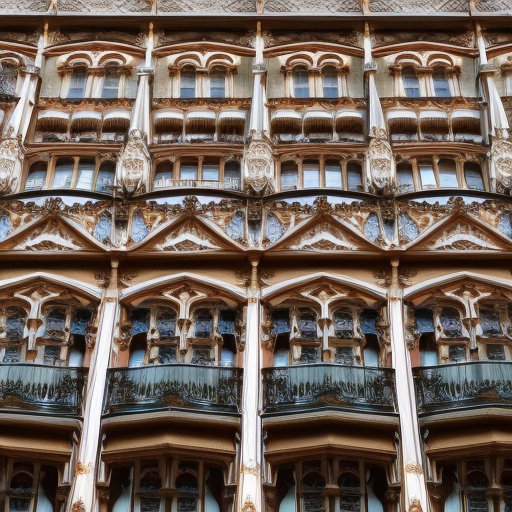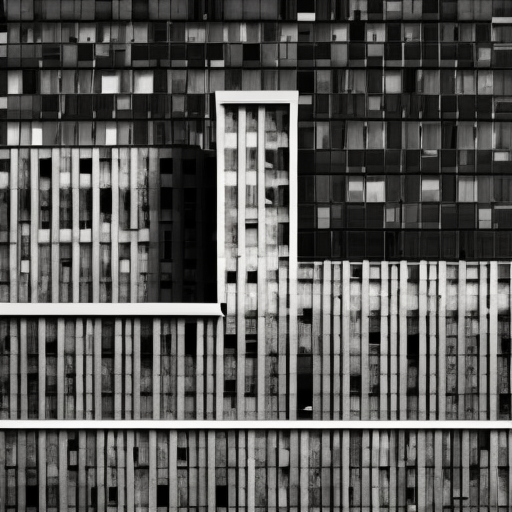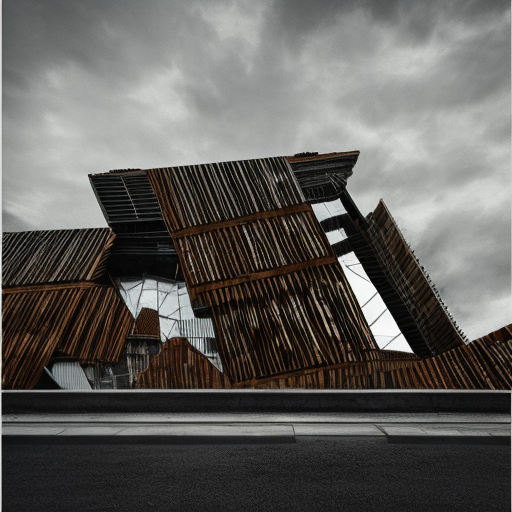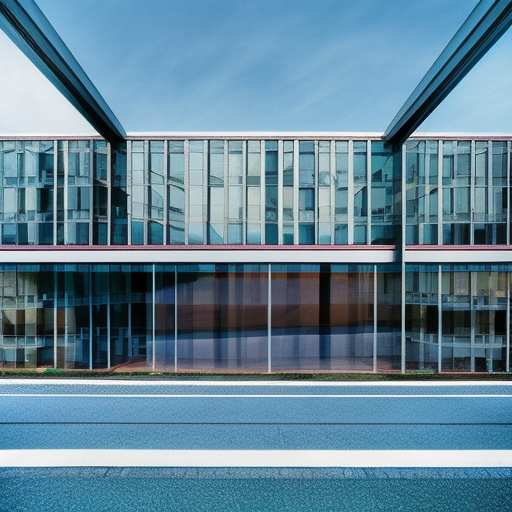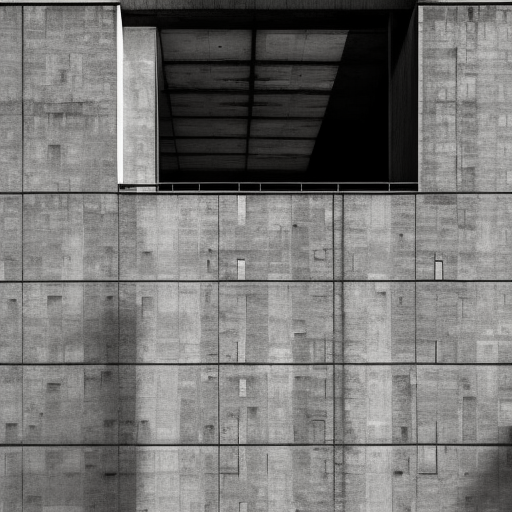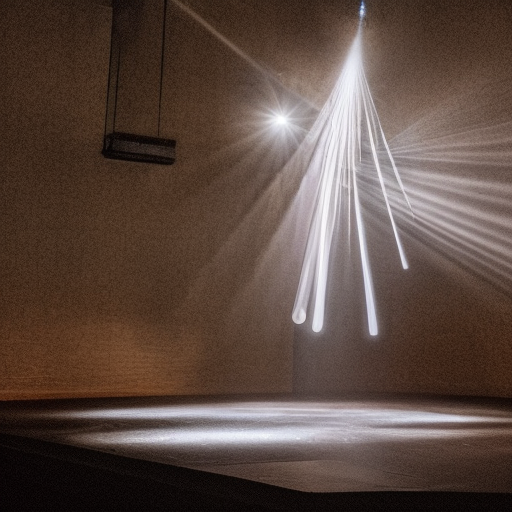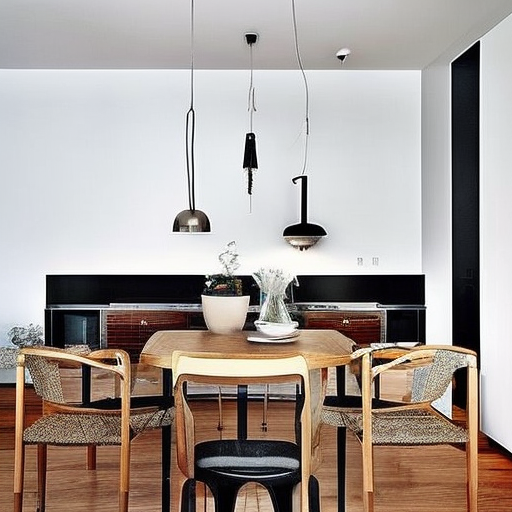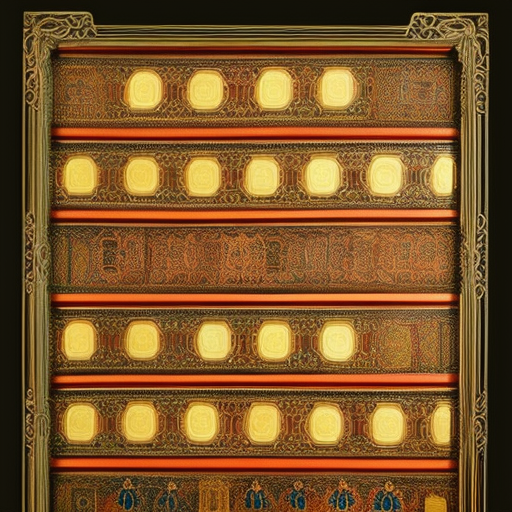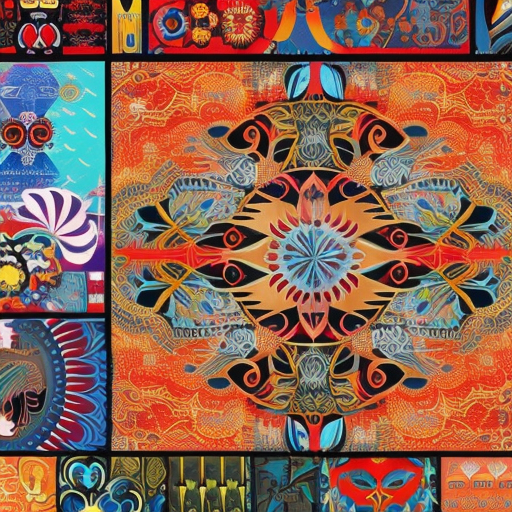Victorian Architecture: A distinctive architectural style characterized by ornate details and grandeur, popular during the reign of Queen Victoria in the 19th century.
Modernist Architecture Explained
Modernist Architecture is a design movement characterized by simplicity, functionality, and the use of industrial materials.
Deconstructivist Architecture Explained
Deconstructivist Architecture is a postmodern architectural style characterized by fragmented forms and unconventional design principles.
Postmodern Architecture Explained
Postmodern Architecture is a movement that challenges traditional design principles by incorporating eclectic styles and playful elements.
Brutalist Architecture Explained
Brutalist Architecture: A bold and controversial architectural style characterized by raw concrete structures and imposing forms.
Feng Shui Explained
Feng Shui is a Chinese practice that aims to harmonize individuals with their environment through the arrangement of objects and spaces.
Industrial Design Explained
Industrial design is the creative process of designing and developing products that are both functional and aesthetically pleasing.
Minimalist Design Explained
Minimalist design is a style that focuses on simplicity, clean lines, and minimal ornamentation.
Drama Explained
Drama explores human emotions and conflicts through theatrical performances.
Scandinavian Design Explained
Scandinavian Design: A minimalist and functional approach to art and culture that emphasizes simplicity, clean lines, and natural materials.
Art and Craft Movement Explained
The Art and Craft Movement was a late 19th-century artistic and social movement that emphasized the importance of craftsmanship and the integration of art into everyday life.
Digital Design Explained
Digital design encompasses the creation and manipulation of visual content using digital tools and technologies.









